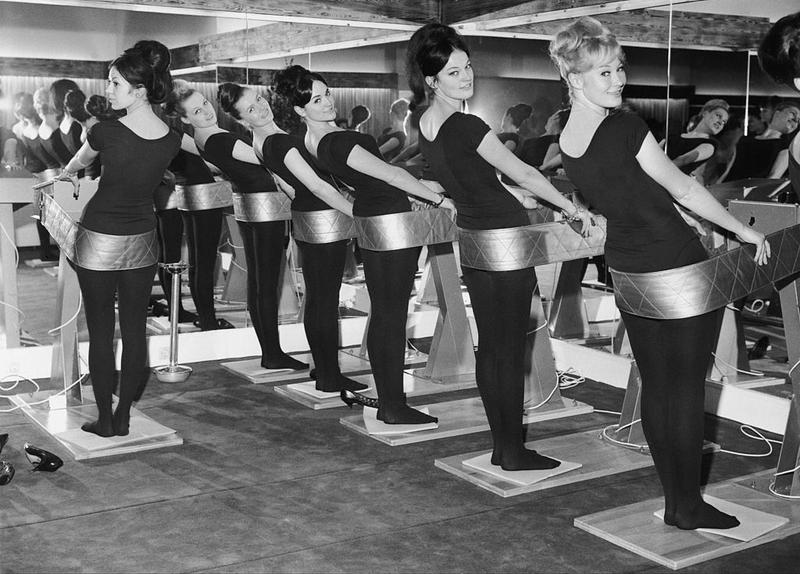Crazy Fad Diets Of The Past
By | December 28, 2021

Western beauty standards demand slimmer figures than come naturally to many of us, turning the diet industry into kajillion-dollar empire. Today's dieters might hop on the keto craze or the paleo bandwagon or even try some intermittent fasting, but those options seem as tempting as a double cheeseburger compared to the fad diets of the past.
The Tapeworm Diet
Wouldn't it be nice if everything we wanted to eat just magically disappeared from our stomachs before it had a chance to be processed and stored as fat? That was the promise of one of the more disgusting fad diets of the early 1900s, the tapeworm diet. According to vintage advertisements promoting this weight loss technique, a dieter just had to swallow a pill containing a tapeworm egg that would hatch in their stomach and eat up all the food they did. This wasn't a gimmick to hawk placebos to a gullible populace—it actually worked. Of course, it was also outrageously dangerous. The tapeworm could grow up to 25 feet long and caused seizures, cysts, meningitis, anemia, blindness, and liver failure. You're much better off just choking down that salad.

The Chewing Diet
Around the same time people were swallowing tapeworms, Horace Fletcher advocated not swallowing at all. After being denied health insurance on the basis of his weight, he developed his own weight loss method that helped him lose 40 lbs. and earned him the odd nickname "The Great Masticator." What was his trick? Spitting out his food. According to Fletcher, chewing each bite of food 32 times before spitting it out extracted its beneficial nutrients but not the fat or sugars. It's more likely that he simply ingested a fraction of the entire food, fat and all, but his technique caught on after he published his 1903 booklet using the eyebrow-raising headline, "Nature will castigate those who don't masticate." It's a shame he didn't write poetry.

Liquid Diets
Dubious experts have been advising dieters to simply stop eating solid foods since the turn of the last millennia. After William the Conqueror grew too heavy to ride his favorite horse in 1085, he resolved to eat as little food as possible and staunch his hunger instead with copious amounts of liquor. He did indeed get back on his horse, but he died in a riding accident two years later, so it wasn't entirely in his best interest. In the 1800s, Lord Byron maintained his boyish figure by drinking vinegar, not just swallowing a few spoonfuls to suppress hunger (as some still practice) but chugging it to replace entire meals. Consuming that much vinegar has some unpleasant side effects, including abdominal cramping, diarrhea, and vomiting, so it's no SlimFast. Those side effects may be why historians believe Lord Byron was bulimic, though he clearly had some food issues.
These days, dieters are more likely to turn to juice diets, the so-called "master cleanse" (a period of consuming nothing but a mixture of lemon juice, water, maple syrup, and cayenne pepper first promoted in 1941), or the cabbage soup diet. The latter is fairly recent, dating back to only the 1980s, and proscribes eating virtually nothing but cabbage soup, which contains few calories but—as anyone who's spent time around an adherent knows—produces lots of gas in the digestive system to make the dieter feel fuller. They're only allowed to eat limited amounts of specific other foods, like raw vegetables and fresh fruit. Some people call the cabbage soup diet the "Dolly Parton diet" because the buxom singer relies on it to keep her tiny waist, but this is one of the few instances when you probably don't want to model your life after Dolly's.

